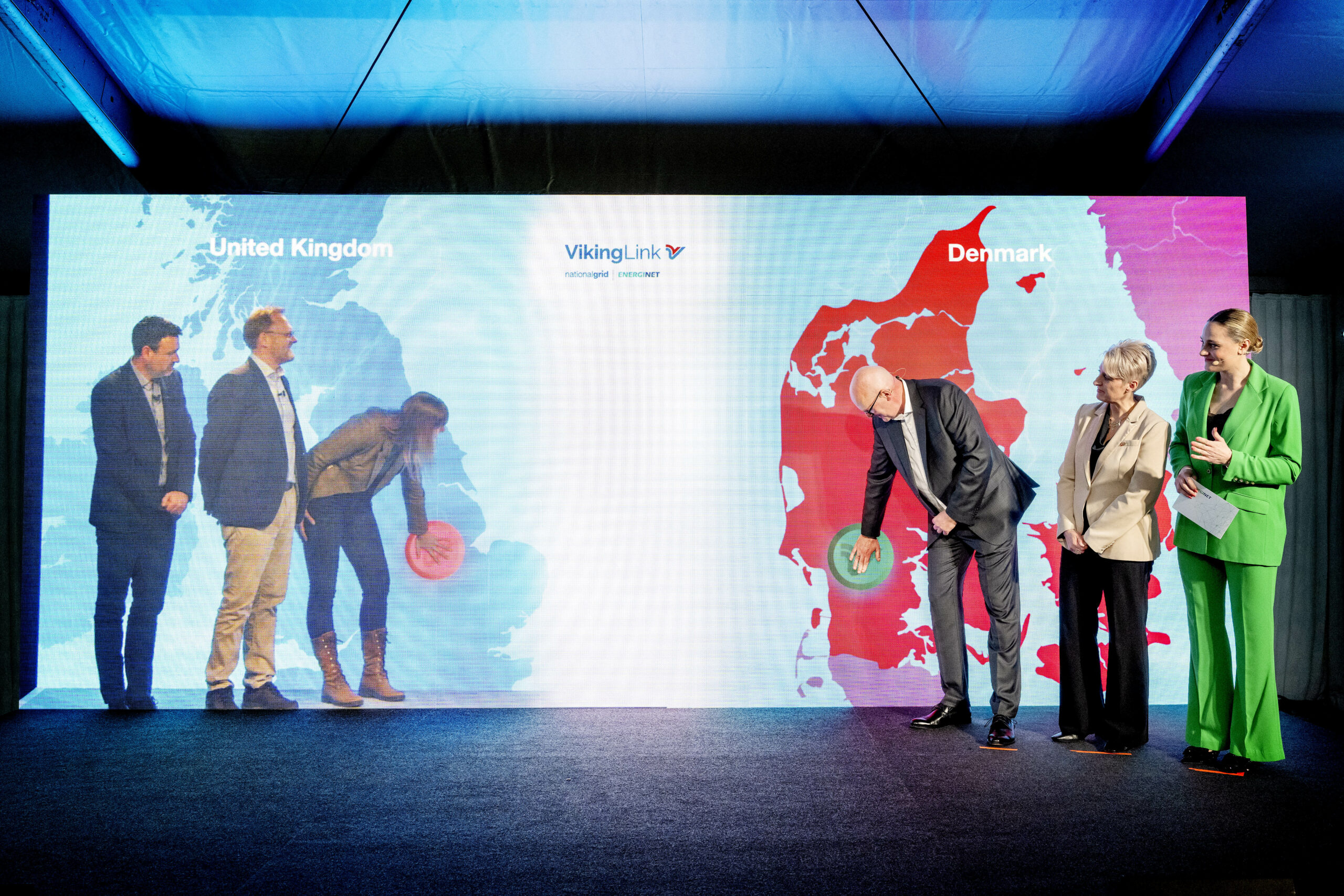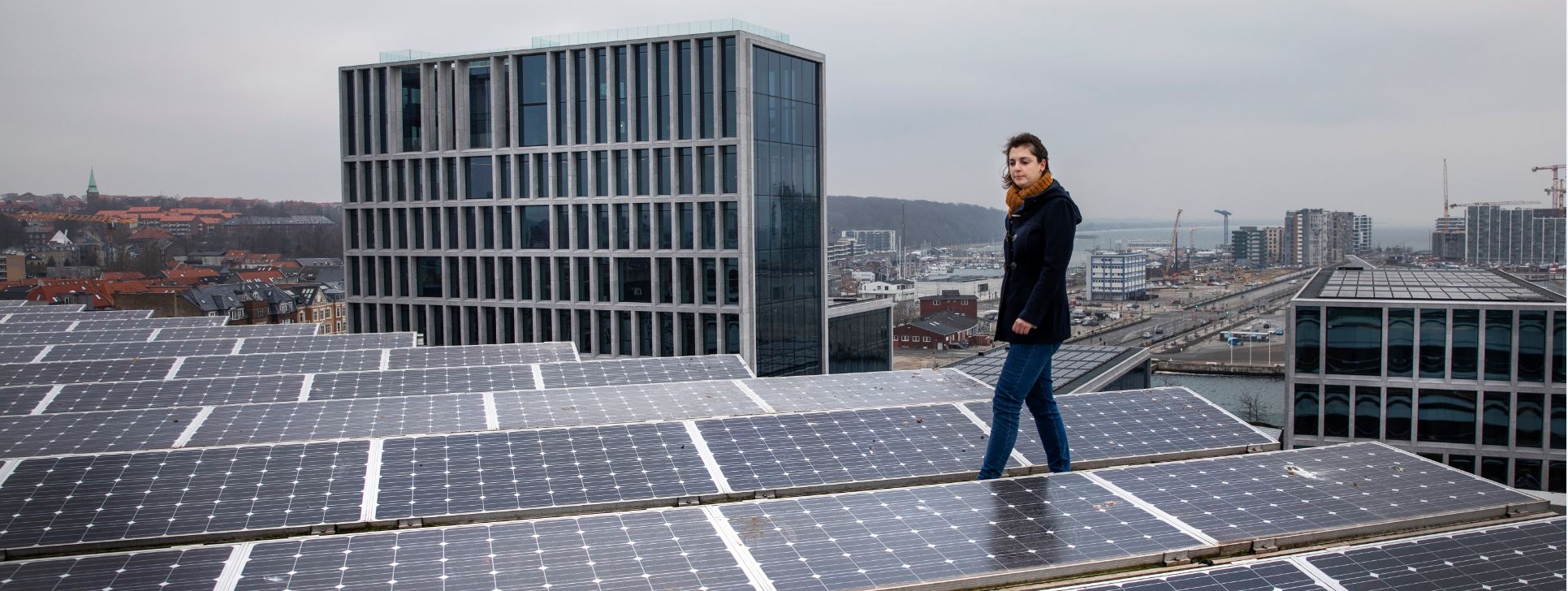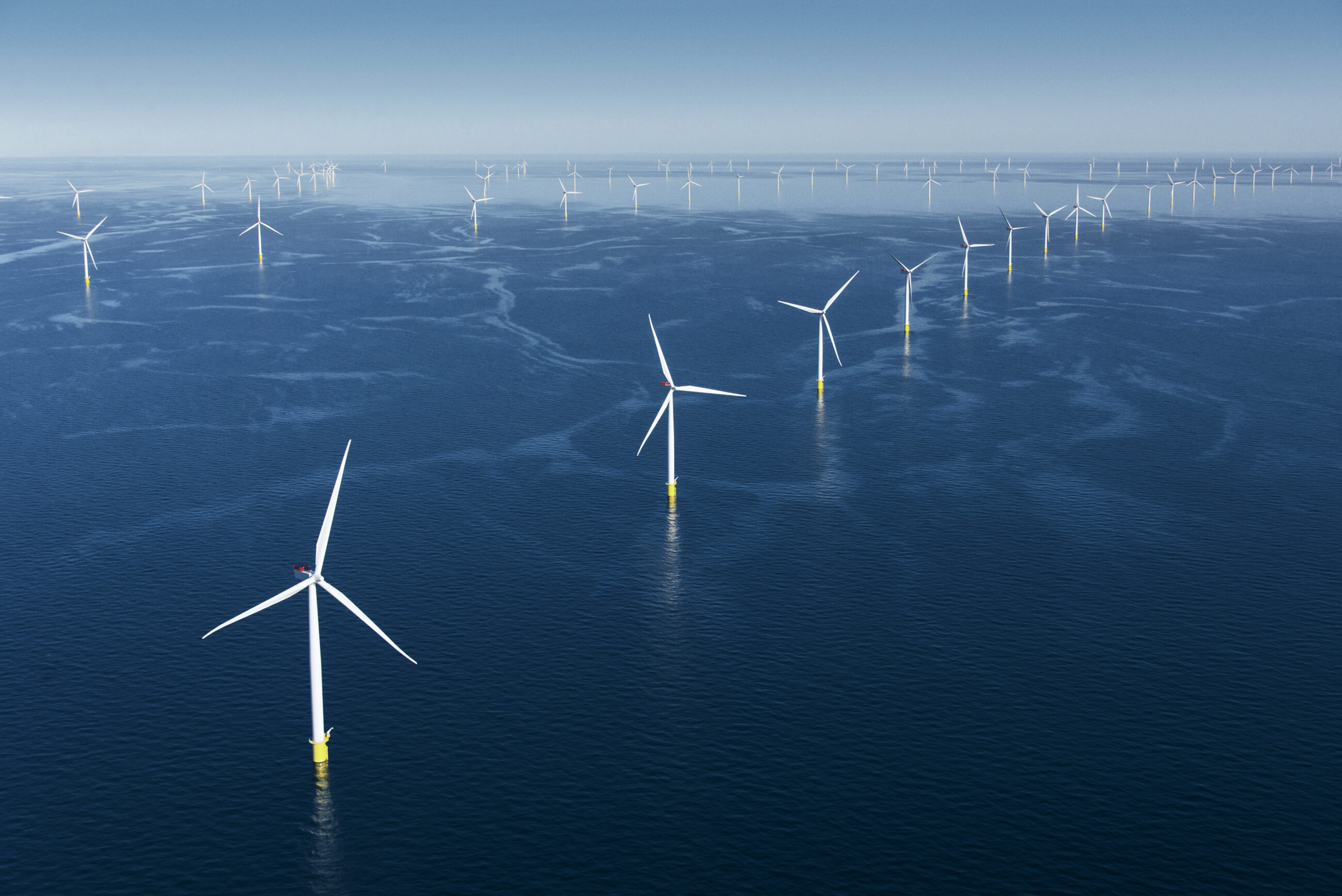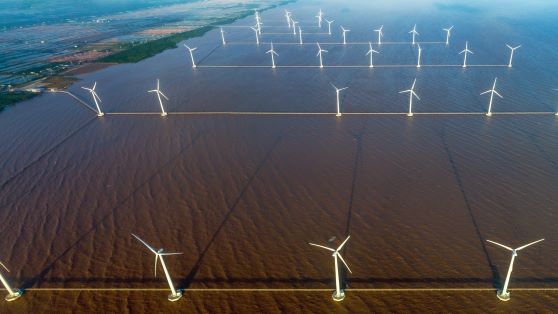News
Offshore wind
Photovoltaics
Smart grid
+1
Solar power will cover 8% of electricity consumption by 2025


Finally, photovoltaics are now starting to play a significant role in the Danish energy system.
Based on new and more updated figures for the solar cell market, the Danish Energy Agency estimates in a new report, that solar cells will supply 5 percent and 8 percent of electricity consumption in 2020 and 2025 respectively.
In the equivalent baseline projection from 2014, solar cells were only predicted to cover half - about 2.7 percent of electricity consumption in 2020. Back then, there was no calculations of the production in 2025 were made.
Regarding solar capacity, it is expected to increase from today's 680 MW to 1,750 MW by 2020 to 3,000 MW in 2025, which is the same capacity that offshore wind turbines are expected to supply by 2025.
-Related news: 42%: Danish Wind Power Sets World Record Again
The new figures, although subject to "considerable uncertainty", are based partly on the expectation that the price of solar power production per/kWh is reduced to DKK 45 per/kWh for small PV systems (household plants) and down to DKK 32 per/kWh for a large solar power plant in 2030. The figures are also partly based on a model developed by the Danish Energy Agency, that translates the falling prices to some degree expansion.
-Related news: Danish Solar Energy Establishes Office in Morocco
According to the model, the expansion towards 2020 will mainly be seen in private households, whereas large commercial solar power plants are expected to be profitable after 2020 and thereby play a more significant role.
-SEE THE TOTAL LIST OF THE TOP 24 GREEN NEWS FROM 2016
Source: Ingeniøren















